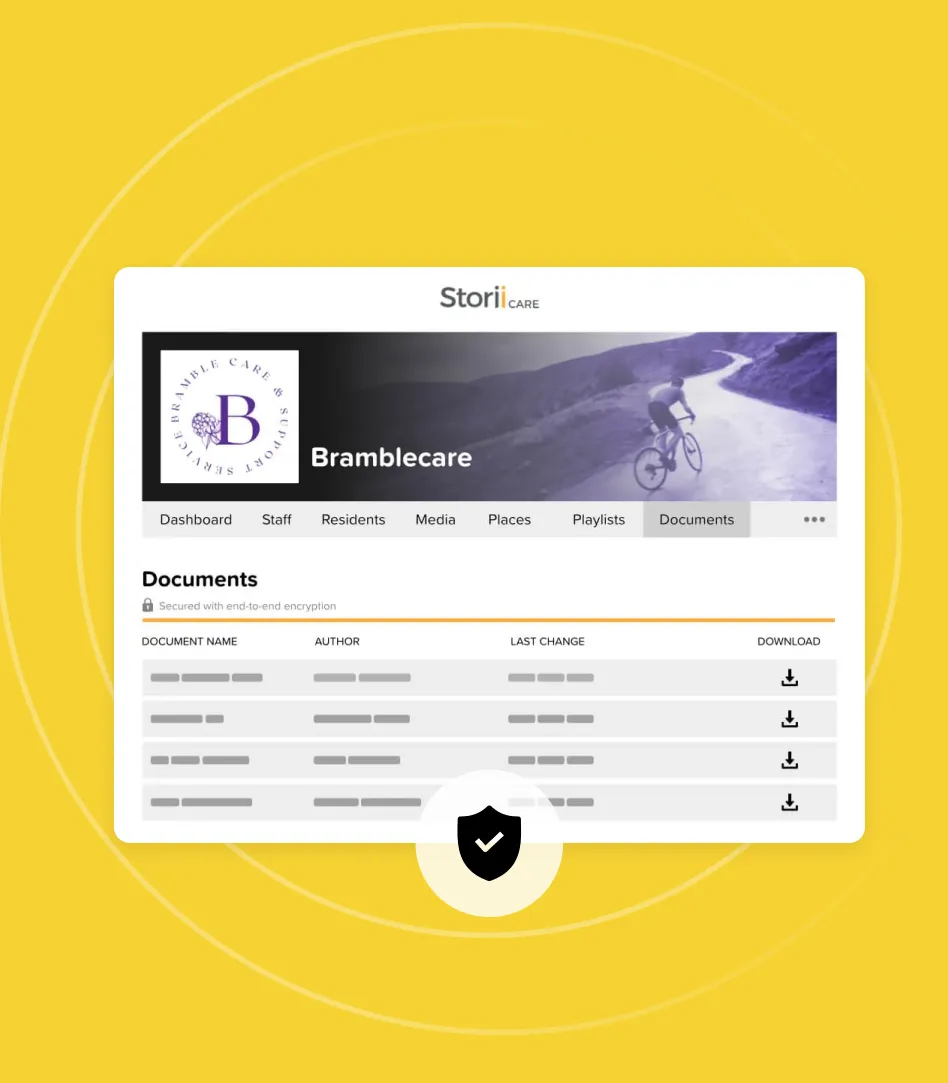StoriiCare is a care coordination and resident engagement software used by senior care communities. There are many ways that StoriiCare makes it easy to provide person-centred care and promote equality in the workplace. To find out more or to schedule a personal, guided tour of the platform, click here.
Everyone should have access to the support and care they need regardless of their circumstances. Staff have a responsibility to promote equality and diversity across all areas of their work, providing a service that is fair, personalised and diverse.Equality and diversity are key components in the delivery of quality care services. Good practice should mean encouraging and promoting these values wherever possible. Staff should ensure that through their work, service users are treated fairly and equally with dignity and respect. Equality and diversity should be an integral part of service planning.
Defining Equality and Diversity
Before promoting equality and diversity within a care setting, you should understand what they meanEquality is about ensuring that all service users can access the same opportunities regardless of lifestyle, ability or background. Diversity is about demonstrating respect for individual beliefs, values, cultures and lifestyles and appreciating difference.
Common Core Strategic Principles
Leaders in the care sector have a responsibility to promote diversity and equality across each business area. This involves tailoring care and support packages to the individual requirements of the service user, recognising differences and reducing inequality.To achieve this, providers should integrate the Common Core Strategic Principles within their work culture.
- Commitment to Equality, Diversity and Human Rights Values
Providers should promote equality and diversity through mission statements, core values and strategic action plans.
- Promoting Equality, Diversity and Human Rights in Decision Making
Managers should ensure that decision making, partnership working and governance all promote equality and diversity. They should implement policies and procedures which are applied in each business area.
- Advancement of Equality, Diversity and Human Rights
Business activities should be planned with equality and diversity in mind so that constructive relationships are established with service users and partner agencies.
- Monitoring Equality, Diversity and Human Rights Performance
Management teams will take steps to monitor service provision. This will help in identifying areas for improvement and taking action as required.
- Commitment to Equal Access and Open Standards
Products and/or services need to be accessible by all. You should remove barriers preventing a service user from accessing what they need. These principles provide a framework enabling providers to deliver the right support to ensure that equality and diversity are at the centre of strategic decision making. The promotion of equality and diversity within the workplace is often about the prevention of discrimination, even if this is unintentional.
Strategies for the Promotion of Equality and Diversity within Social Care
Being able to promote equality and diversity in the workplace should be a key focus of every business. All employees should have a comprehensive understanding of the principles, practices and legislation. This will allow them to apply them in their day to day activities. Without a fundamental understanding of equality and diversity, it can be very difficult to promote it in the sector. There are several strategies that you can implement to promote equality and diversity including:
- The development of an equality and diversity policy and ensuring that your workforce has read and understood the policy.
- Providing all staff with the opportunity to complete equality and diversity training as part of their induction
- Providing regular refresher training to reflect changes in legislation
- Promoting individual requirements and developing tailored care plans
- Finding out what your service users expect from the services that they are accessing. By keeping their requirements at the forefront of care planning you can tailor care to always be in the best interests of the service user.
In a nutshell, it is important to establish ways of working which are not discriminatory. Provide person-centered care and work in a non-judgemental manner. Employees should be encouraged to value diversity and respect the attributes that make people different. Care plans should be personalised to reflect the likes, dislikes, personal history and beliefs of each individual. If you would like to learn more about equality & diversity, Spearhead offer a number of online courses specifically for the health and social care sector.
StoriiCare
StoriiCare is a care coordination and resident engagement software used by senior care providers across the globe. There are many ways that StoriiCare makes it easy to provide person-centred care and promote equality in the workplace. To find out more or to schedule a personal, guided tour of the platform, click here.If you are a StoriiCare user and have feedback or examples of how your business promotes equality and diversity within the care sector, please get in touch.




.png)
.png)











